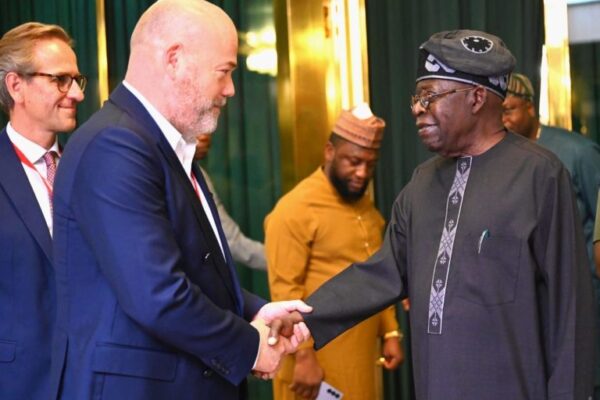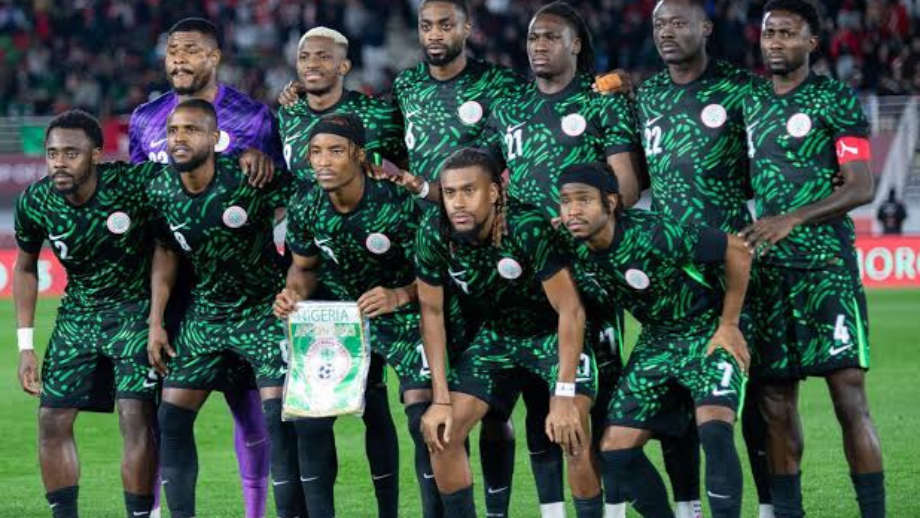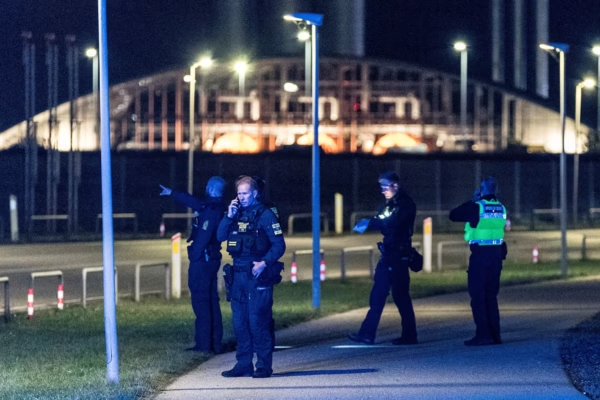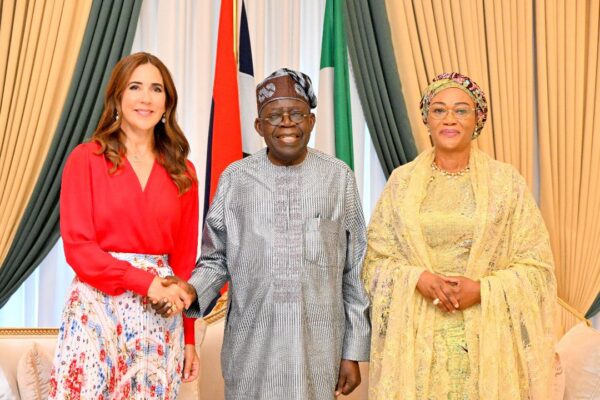COPENHAGEN — Without firing a single shot, Russian President Vladimir Putin has managed to bring the impact of the Ukraine war to millions of Europeans far from the front lines — through what officials increasingly view as a wave of “hybrid attacks.” The recent disruption of air travel in Denmark — caused by drone sightings that led to multiple airport closures — has highlighted the growing threat. Danish Prime Minister Mette Frederiksen addressed the nation on Thursday, warning that Europe must prepare for “more violent and frequent hybrid attacks as a new reality.” While she stopped short of directly blaming Russia, she made clear where the concern lies. These kinds of incidents — marked by anonymity, uncertainty, and confusion — are becoming more common across the continent. Frederiksen emphasized one of the key goals of such attacks: undermining public trust in state institutions. Similar incidents have raised alarms elsewhere. Over 20 drones reportedly entered Polish airspace, while a 12-minute violation of Estonian airspace has prompted questions about whether such actions are due to pilot error or an intentional escalation by Moscow. A widespread hacking incident affecting airport operations across Europe further deepened suspicions. Despite the presence of a Russian naval vessel off Denmark’s coast, authorities have not definitively attributed the airport disruptions to Moscow. Denmark’s military intelligence admitted they were not yet able to name a culprit. However, the country’s internal security service, PET, warned of a high risk of Russian sabotage. Denmark, which has supplied Ukraine with F-16 fighter jets, drone support, and long-range missile systems, has been one of the more outspoken European nations on the threat posed by Russia. The dilemma facing Western governments is how to respond to hybrid attacks — which can range from cyber intrusions and sabotage to disinformation — without either underreacting or playing into Russian psychological tactics. Officials are caught between the risks of premature blame and the dangers of inaction. As one European military official put it: “It’s easier to justify shooting down a Russian jet if you’ve spent months making the case for what they’ve already done.” Across Europe, the shadow of sabotage is growing. In the UK, suspected Russian operatives have recruited criminals to carry out arson attacks against supply depots for Ukraine. Several individuals have already been convicted under the UK’s National Security Act. Poland has also prosecuted Ukrainian nationals allegedly paid by Russian agents to commit similar acts. Meanwhile, incidents like airport check-in software breaches and cyberattacks on infrastructure — including a London nursery — are muddying the waters, potentially carried out by criminal gangs rather than direct state actors. Still, the broader effect is clear: Russia has successfully extended the psychological footprint of the war, forcing European nations to confront its spillover effects firsthand. The timing is notable, as the U.S. under the Trump administration pressures Europe to shoulder more of its own defense responsibilities. The resulting tension has had a double effect: strengthening the arguments of both those who argue for appeasing Putin to end the chaos, and those who believe Russia’s appetite for aggression demands an uncompromising military response. At the same time, these hybrid threats risk diverting attention and resources from the immediate front lines in Ukraine, where Russia’s summer offensive has failed to capture large territory but continues to bombard civilian infrastructure relentlessly. The cost of countering these hybrid threats is growing. European governments are now facing the dual challenge of bolstering cyber and infrastructure resilience while maintaining a round-the-clock aerial defense along NATO’s eastern border. But the economics are daunting. Intercepting a $30,000 drone with a missile from a Dutch F-35 can cost tens of thousands of euros — a model that becomes unsustainable in the long term. NATO countries may soon face the difficult choice between absorbing minor intrusions or maintaining a prohibitively expensive constant defense. Even for the Kremlin, the strategy carries risks. Outsourced sabotage operations might misfire, resulting in civilian deaths on NATO soil and triggering a stronger-than-intended response. There’s also the chance that criminal organizations take advantage of the confusion, or that political instability in the U.S. — particularly under the unpredictability of Donald Trump — leads to an extreme and uncoordinated reaction. In the end, the hybrid war unfolding across Europe may be a tactical gift for Putin. But like all gifts, it comes with strings — and potentially serious consequences.




